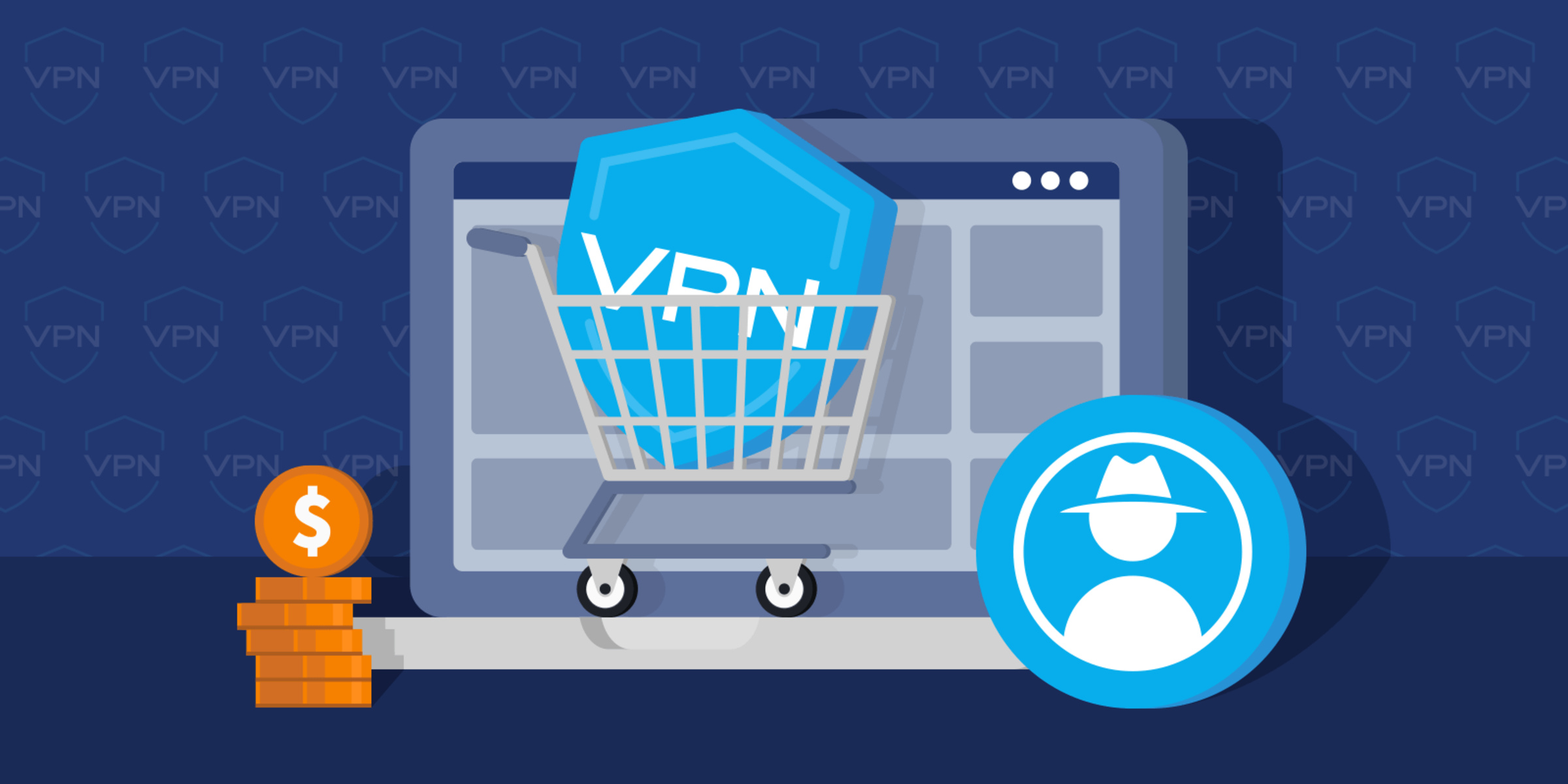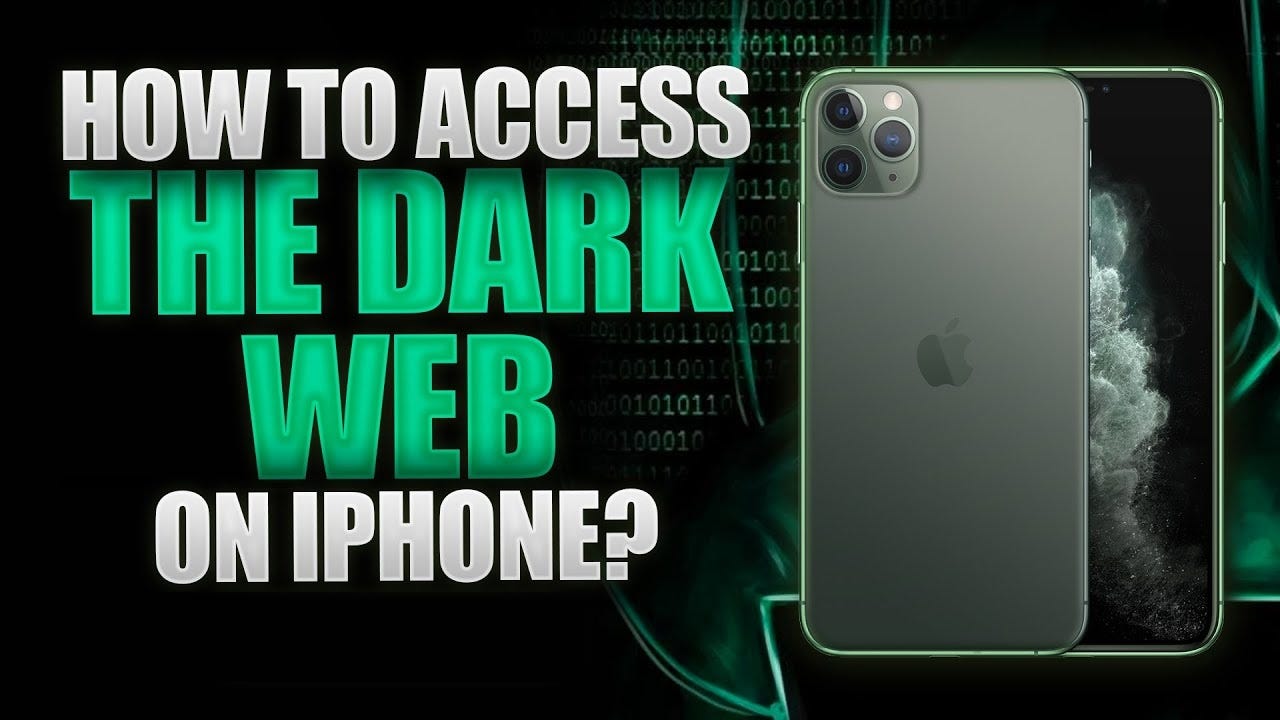Introduction
Welcome to our guide on how to buy a VPN. In today’s fast-paced digital world, online privacy and security have become major concerns for individuals and businesses alike. A Virtual Private Network (VPN) is a powerful tool that can help protect your online activities and sensitive data from prying eyes. Whether you want to browse the internet anonymously, access geo-restricted content, or secure your internet connection while using public Wi-Fi, a VPN is an essential investment.
In this article, we will explore the concept of VPNs, discuss the reasons why you might need one, and guide you through the process of buying and setting up a VPN. By the end of this guide, you will have the knowledge and tools to find the perfect VPN service that meets your needs and budget.
Before we dive into the details, it’s important to understand what a VPN is and how it works. Essentially, a VPN creates a secure connection between your device and the internet. It encrypts your internet traffic and routes it through a remote server, masking your IP address and making it virtually impossible for anyone to monitor your online activities.
Now that we have a basic understanding of VPNs, let’s explore the reasons why you might need one.
What is a VPN?
A Virtual Private Network (VPN) is a technology that creates a secure and encrypted connection between your device and the internet. It allows you to browse the web anonymously and securely by masking your IP address and encrypting your internet traffic.
When you connect to a VPN, your data is routed through a remote server located in a different geographical location. This server acts as a middleman between your device and the websites or online services you access. By doing so, a VPN creates a secure tunnel that protects your data from hackers, ISP monitoring, and government surveillance.
One of the key features of a VPN is its ability to hide your IP address. Your IP address is a unique identifier that reveals your location and allows websites to track your online activities. By masking your IP address with a VPN, you can browse the internet anonymously, making it difficult for third parties to track and monitor your online behavior.
In addition to anonymity, a VPN provides enhanced security by encrypting your internet traffic. Encryption ensures that your data is protected from eavesdropping and interception by hackers and cybercriminals. This is particularly important when using public Wi-Fi networks, where your data is vulnerable to attacks.
Moreover, a VPN allows you to bypass geographical restrictions and access content that may be blocked in your region. For example, if a certain streaming service is not available in your country, you can use a VPN to connect to a server in a different country where the service is accessible. This enables you to enjoy unrestricted access to your favorite shows, movies, and websites.
Overall, a VPN is an essential tool for anyone concerned about their online privacy and security. Whether you are an individual who wants to protect your personal information or a business looking to secure your network, investing in a reliable VPN service is a smart decision.
Why do you need a VPN?
In today’s digital age, where technology is advancing at a rapid pace, using a VPN has become crucial for several reasons. Let’s explore the key benefits of using a VPN:
1. Online Privacy: A VPN protects your online privacy by encrypting your internet traffic and masking your IP address. This prevents third parties, such as your Internet Service Provider (ISP) or government agencies, from monitoring your online activities and collecting your personal data.
2. Security on Public Wi-Fi: Public Wi-Fi networks are often unsecured and vulnerable to cyber attacks. By using a VPN, you can secure your internet connection and protect your sensitive information, such as passwords, credit card details, and personal files, from being intercepted by hackers.
3. Access Geo-Restricted Content: Many websites and streaming services impose geo-restrictions on their content, meaning that access is limited to specific regions. With a VPN, you can bypass these restrictions by connecting to a server in a different country, allowing you to access restricted content from anywhere in the world.
4. Torrenting and P2P Sharing: If you engage in torrenting or peer-to-peer (P2P) sharing, a VPN can protect your privacy and anonymity. It masks your IP address and encrypts your data, ensuring that your activities remain private and secure.
5. Enhanced Online Security: A VPN adds an extra layer of security to your online experience. It protects you from various cyber threats, such as hackers, malware, and phishing scams, by encrypting your data and preventing unauthorized access to your device.
6. Remote Work and Business Use: For businesses and remote workers, a VPN is essential for secure access to company resources and sensitive data. It allows employees to connect to their organization’s network remotely and ensures that their communication and data transmission are encrypted and protected.
7. Censorship Circumvention: In countries with strict internet censorship, a VPN can help users bypass government restrictions and access the open internet. It allows individuals to express themselves freely, access unbiased information, and communicate without fear of surveillance or censorship.
Overall, a VPN is a powerful tool that provides you with online privacy, security, and freedom. Whether you’re concerned about protecting your personal information, accessing blocked content, or securing your business network, a VPN is an essential investment in today’s digital world.
Factors to consider when buying a VPN
When it comes to choosing a VPN service, there are several important factors to consider. Taking the time to evaluate these factors will help you make an informed decision and select a VPN that best suits your needs. Here are some key factors to consider:
1. Security and Privacy: The primary reason for using a VPN is to enhance your security and privacy online. Look for a VPN service that offers strong encryption protocols, such as AES-256, and follows a strict no-logs policy. This ensures that your data remains private and cannot be accessed or shared by the VPN provider.
2. Server Network: The size and location of a VPN’s server network play a crucial role in your browsing experience. A larger server network provides more options for connection, allows better access to geo-restricted content, and distributes the server load, resulting in faster speeds. Additionally, make sure the VPN has servers in the locations you need, especially if you require access to specific regions.
3. Speed and Performance: A VPN shouldn’t significantly slow down your internet connection. Look for VPN services that offer high-speed servers and have a reputation for providing fast and reliable performance. You can check reviews and user feedback to get an idea of the VPN’s speed and performance.
4. Compatibility: Ensure that the VPN service you choose is compatible with your devices and operating systems. Whether you use Windows, macOS, iOS, Android, or Linux, make sure the VPN has dedicated apps or provides clear instructions for manual configuration.
5. Simultaneous Connections: Consider how many devices you want to connect using a VPN. Some VPN services offer limited simultaneous connections, while others allow multiple devices to be connected at the same time. Choose a VPN that offers enough connections to cover all your devices without additional charges.
6. User-Friendly Interface: A user-friendly interface makes it easier to navigate and configure the VPN. Look for VPN services that offer intuitive apps with a simple and easy-to-use interface. This ensures that you can quickly connect to a server and manage your VPN settings without any hassle.
7. Customer Support: Good customer support is essential in case you encounter any issues with your VPN. Check if the VPN service provides various support channels such as live chat, email, or phone support. Additionally, look for resources like setup guides and FAQs that can help you troubleshoot common problems.
8. Pricing and Plans: Compare pricing plans to find a VPN service that fits your budget. Look for any hidden costs or additional charges and consider whether the features and benefits offered by the VPN justify the price. Many VPN services also offer money-back guarantees or free trials, allowing you to test the service before committing to a long-term plan.
By considering these important factors, you can narrow down your options and choose a VPN service that provides the right combination of security, privacy, speed, and user experience. Take your time to research and read reviews to ensure you find a VPN that meets your specific requirements.
Types of VPN protocols to consider
When choosing a VPN service, it’s important to understand the different types of VPN protocols available. A VPN protocol determines the level of security, encryption, and performance of your VPN connection. Here are some common types of VPN protocols to consider:
1. OpenVPN: OpenVPN is one of the most popular and widely used VPN protocols. It is known for its strong security features, including robust encryption and authentication. OpenVPN is highly configurable and supports a variety of encryption algorithms, making it a versatile and secure option for most users.
2. IKEv2/IPSec: IKEv2 (Internet Key Exchange version 2) with IPsec (Internet Protocol Security) is a fast and secure VPN protocol. It is known for its ability to quickly reestablish connections, making it ideal for users who frequently switch between networks or experience intermittent internet connectivity. IKEv2/IPSec offers strong security and is often used on mobile devices.
3. L2TP/IPSec: Layer 2 Tunneling Protocol (L2TP) combined with IPsec provides a secure and stable VPN connection. L2TP/IPSec is commonly used on older devices that may not support newer VPN protocols. While it offers strong encryption, it may not be as fast or configurable as other protocols.
4. SSTP: Secure Socket Tunneling Protocol (SSTP) is a proprietary protocol developed by Microsoft. It is often used on Windows devices and is known for its compatibility and ease of use. SSTP encrypts data using SSL/TLS and can bypass firewalls, making it a reliable option in restricted network environments.
5. WireGuard: WireGuard is a relatively new and lightweight VPN protocol. It is designed to be faster and more efficient than other protocols while providing strong security and encryption. WireGuard is gaining popularity due to its simplicity and high-performance characteristics.
6. PPTP: Point-to-Point Tunneling Protocol (PPTP) is an older and less secure VPN protocol. While it offers fast connection speeds, it has known vulnerabilities and is no longer recommended for secure VPN usage. It may still be supported by some VPN providers for compatibility purposes.
7. Stealth Protocols: Some VPN services offer stealth or obfuscation protocols that can help bypass censorship and VPN blocking. These protocols disguise VPN traffic as regular internet traffic, making it harder for authorities or organizations to detect and block VPN usage.
When choosing a VPN protocol, consider the balance between security, speed, and compatibility. OpenVPN and IKEv2/IPSec are generally considered the most secure and reliable options, while WireGuard offers a good balance of performance and security. Factors such as the devices you use, your geographic location, and your specific needs will also influence the choice of VPN protocol.
It’s worth noting that most VPN services automatically select the optimal protocol for your device and network, so you don’t have to worry about manually configuring the protocol. However, having a basic understanding of the different protocols will help you make an informed decision when selecting a VPN service.
Comparison of popular VPN providers
When it comes to choosing a VPN provider, there are many options available in the market. To help you make an informed decision, let’s compare some popular VPN providers and highlight their key features:
1. ExpressVPN: ExpressVPN is known for its fast and reliable performance, making it an excellent choice for streaming and torrenting. It offers a large network of servers in diverse locations, strong encryption, and a user-friendly interface. ExpressVPN supports a wide range of devices and provides excellent customer support.
2. NordVPN: NordVPN is a popular choice with a vast server network spanning across many countries. It offers advanced security features, including Double VPN and Onion Over VPN, for enhanced privacy. NordVPN is also known for its strong commitment to user privacy and has a strict no-logs policy.
3. CyberGhost: CyberGhost is a user-friendly VPN provider that offers robust security features and a wide network of servers. It provides easy-to-use apps, dedicated streaming servers for accessing geo-restricted content, and strong encryption. CyberGhost also offers a generous 45-day money-back guarantee.
4. Surfshark: Surfshark is a budget-friendly VPN option with an impressive feature set. It offers unlimited simultaneous connections, strong encryption, and advanced security features like MultiHop and CleanWeb. Surfshark also provides excellent speeds and is great for streaming and torrenting.
5. Private Internet Access (PIA): PIA is a VPN provider that focuses on security and privacy. It offers advanced features like ad blocking, malware protection, and split tunneling. PIA also has a strict no-logs policy and is known for its affordable pricing plans.
6. VyprVPN: VyprVPN offers its proprietary Chameleon protocol, which is designed to bypass VPN blocking and provide an extra layer of security. It has a user-friendly interface, strong encryption, and a global network of servers. VyprVPN also offers a 30-day money-back guarantee.
7. Hotspot Shield: Hotspot Shield is known for its high-speed performance and user-friendly interface. It offers strong encryption, malware protection, and access to a large number of server locations. Hotspot Shield’s free version provides limited features, while the premium version offers unlimited bandwidth and additional benefits.
Remember, the best VPN provider for you will depend on your specific needs and priorities. Consider factors such as server locations, security features, speed, device compatibility, and pricing when comparing VPN providers. Additionally, check customer reviews and ratings to get a better understanding of the user experiences and performance of each provider.
It’s also worth noting that most VPN providers offer money-back guarantees or free trial periods, allowing you to test their services before committing to a long-term plan. Take advantage of these options to ensure that the VPN provider you choose meets your expectations.
Steps to buying and setting up a VPN
Now that you understand the importance of a VPN and have compared different providers, let’s walk through the steps to purchase and set up a VPN:
1. Research and Choose a VPN Provider: Review different VPN providers and compare their features, pricing, and user reviews. Select a VPN provider that aligns with your specific needs and requirements.
2. Subscribe to a VPN Plan: Visit the VPN provider’s website and choose a subscription plan that suits your budget and length of service. Some providers may offer different pricing tiers based on the duration of the plan.
3. Download and Install the VPN App: After subscribing, download the VPN app for your preferred device or operating system. Most VPN providers offer apps for Windows, macOS, iOS, Android, and other platforms.
4. Login and Configure the VPN: Launch the VPN app and log in using the credentials provided during the subscription process. Follow the setup instructions provided by the VPN provider to configure your VPN settings.
5. Choose a Server: Once you’re logged in, you’ll usually have the option to select a server location. Choose a server from the available list or let the VPN app automatically choose the best server for you.
6. Connect to the VPN: Click or tap the connect button to establish a VPN connection. The VPN app will encrypt your internet traffic and your IP address will be masked, ensuring your online activities are secure and private.
7. Test Your Connection: After connecting to the VPN, test your connection by visiting a website or using an online tool to check your IP address. Verify that your IP address is different from your original one, indicating a successful VPN connection.
8. Customize Additional Settings: Explore the VPN app’s settings to customize the VPN experience according to your preferences. You may be able to enable features like kill switch, split tunneling, or DNS leak protection for added security.
9. Use the VPN with Confidence: Once you’re connected to the VPN, you can browse the internet, access geo-restricted content, use public Wi-Fi securely, and enjoy a private and anonymous online experience.
10. Renew or Cancel your Subscription: Monitor your VPN usage and decide whether to renew or cancel your subscription at the end of your chosen billing period. Many VPN providers offer flexible subscription options that allow you to upgrade or downgrade as needed.
Remember to regularly update your VPN app and follow any security recommendations from your VPN provider to ensure that you have the latest security features and protection.
By following these steps, you’ll be able to purchase a VPN, set it up on your device, and start enjoying the numerous benefits of secure and private internet browsing.
Conclusion
In today’s digital landscape, utilizing a VPN is no longer just an option, but a necessity. The internet is filled with potential security threats and privacy concerns, making it crucial to take proactive measures to protect your online activities and personal data. By purchasing and setting up a VPN, you can significantly enhance your online privacy, security, and freedom.
In this guide, we explored the concept of VPNs, discussed why you need one, and outlined the factors to consider when buying a VPN. We also compared popular VPN providers, helping you choose the one that best suits your needs. Additionally, we provided step-by-step instructions for purchasing and setting up a VPN on your preferred device or operating system.
Remember, selecting the right VPN provider is essential to ensure a seamless and secure online experience. Consider factors such as security, server network, speed, compatibility, and pricing when making your decision. Take advantage of free trials or money-back guarantees to test the VPN service before committing to a long-term plan.
With a VPN, you can browse the internet anonymously, access geo-restricted content, protect your data on public Wi-Fi networks, and secure your online activities from prying eyes. It is an investment in your online privacy and security that will provide peace of mind and enable you to take full control of your digital presence.
So, take the necessary steps today to buy and set up a VPN. Embrace the power of encryption, bypass restrictions, and reclaim your online freedom. Safeguard your digital life and enjoy a secure browsing experience with a trusted VPN by your side.

























